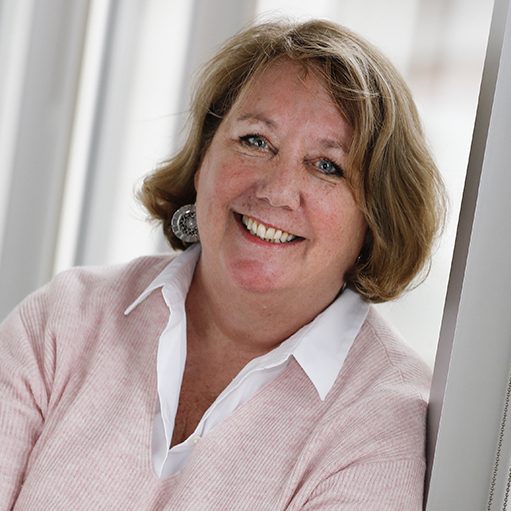Putting the fun into fundamentals
Learning—and teaching—was never so exciting
If the teachers are having this much fun, imagine how their students are going to feel.
Forty-four science and math teachers from across the country descended on the AOPA You Can Fly Academy in Frederick, Maryland, April 26 through 28, to experience the ninth-grade curriculum before they begin teaching it to their students next year. This hands-on three-day workshop allows teachers whose school systems have signed up to participate in the You Can Fly program to experience the curriculum before they put it into use themselves. And if bursting balloons, good-natured competition, and flying rockets don’t sound like fun, you need to get out and fly more.
Challenges are part of the You Can Fly curriculum—first, concepts are explained the old-fashioned way in a lecture or manual and then the applications are put into real time. For such activities as a “rocket launch” to teach engineering principles, balloons, paper clips, and string are the low-cost materials used to perform testing. At the You Can Fly Academy, teachers broke into groups of four to design a “rocket” (balloon) that could carry the maximum payload (paper clips). Winners achieved a payload of 54 paper clips and a rocket that touched the ceiling. Small explosions (balloons bursting), cheers, and gasps of disappointment were all part of the learning process.
Marty Cooksey, a teacher from Spencerville, Maryland, said his students will love these experiments. “Anything hands-on like this they like,” he said.
“Teachers are always looking for ways to make learning relevant. With this curriculum, students can see the real-world applications all around them,” said Elizabeth Tennyson, executive director of the You Can Fly program.

The teachers who attended the program (and 46 who participated remotely) will teach the You Can Fly ninth-grade curriculum in the 2019-20 school year. The program began with the 2018 school year, and 142 schools are preparing for the 2019-2020 school year (ninth grade); 121 will participate in the tenth-grade program. Of those 165 schools, 91 will be using the AOPA curriculum for the first time and 60 will have an aviation program for the first time.
“My daughters—who are in the U.S. Air Force and U.S. Navy—are so amazed by this,” said Ladner. “They said, ‘Mom, think of what all of these students will know before they even graduate from high school. You’ll be influencing a whole generation.’”
“High school students are young, but they’re making important decisions about the future—decisions about career paths and colleges,” said Tennyson. “Exposing them to the wide range of opportunities in aviation at this critical moment really expands their horizons.”
Ladner joined AOPA two years ago because of her husband, a lapsed pilot. She found You Can Fly, then she found Rusty Pilots, and then she saw the You Can Fly High School initiative. “I went to my principal and said, ‘Look, we can teach aviation!’”
Cindy Hasselbring, senior director of the You Can Fly High School initiative, says the step into You Can Fly influences many. She recalls a telephone conversation from a school principal in Bakersfield, California, who had heard about You Can Fly. “He told me he is afraid to fly but wants his students to have the experience,” she said. Two of his teachers attended the April event.

“We’ve talked to many teachers and guidance counselors who’ve told us they didn’t know enough about aviation careers to help students learn about the opportunities available to them,” said Tennyson. “With this curriculum, students have the chance to explore those opportunities for themselves.”
Workshops for the You Can Fly tenth-grade curriculum and field testing for the grade 11 curriculum will take place this summer.
AOPA’s You Can Fly program supports flying clubs, encourages best practices in flight training, gets lapsed pilots back in the air, brings AOPA’s resources and expertise to pilot groups across the country, and helps high school students learn more about careers in aviation. AOPA’s You Can Fly program and the AOPA Air Safety Institute are funded by charitable donations to the AOPA Foundation, a 501(c)(3) organization.





